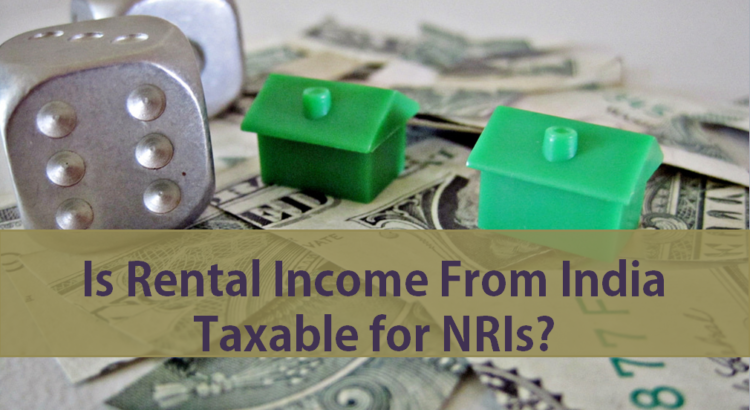Millions of Indians live abroad. And many out of them have hereditary home in India. Since it belongs to their ancestors, they don’t like to sell them. But sparing those accommodations vacant can invite eyeballs of the land-mafias who are defaulters. They confiscate property without any prior notice to the owner. This is why renting it out is the only option left to avert this problem. And also, they credit an additional benefit of rental income through it.
Read MoreTag: Income Tax

Is Agricultural Income from Abroad is Taxable in India?
India is an agro-based country since approximately 70% of its population earns bread and butter through farming. But farming is not the only composition of agricultural income. There are many associated works that generate income, like renting out the agro-land. This facility is available for the natives of India. But an NRI can’t invest in the purchase of agriculture land or farm house in India.
Read More
PAN Card Not Mandatory to Pay Tax by NRIs, OCIs & PIOs
NRIs, PIOs and OCIs are battling to swap junked currency after demonetization. Now, Reserve Bank of India (RBI) has given a new lease to them. The date to swap outdated currency has been extended upto 30th June, 2017. By showing their valid identity & source proofs along with the letter/form of authority, they can easily exchange the defunct notes at any branch of RBI.
Read More
Which NRIs To File Tax Under Schedule FA?
Being an NRI or Non Resident of India, you have to be aware of the reserved rights of NRIs, your services, related laws & amendments in them. The most worrisome is Tax that can snatch your sound sleep at night. Even, you can be gripped in nightmare of those taxes. And who knows, the very next day may be your day in jail for not paying tax!
Read More










